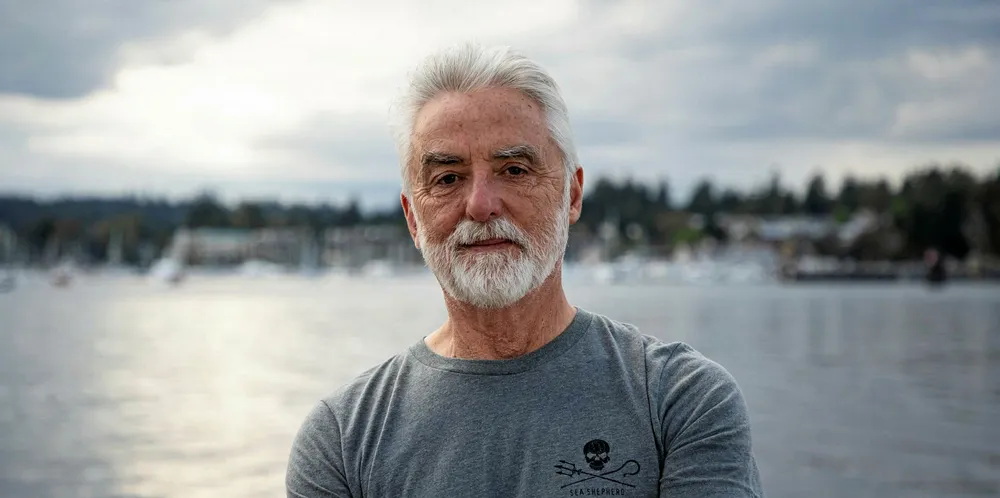Conservation group applies to take over Cooke's remaining leases in Washington state
Cooke has been working for a little more than a year to convert its former salmon farming sites into trout operations to remain in Washington state.

Cooke has been working for a little more than a year to convert its former salmon farming sites into trout operations to remain in Washington state.
